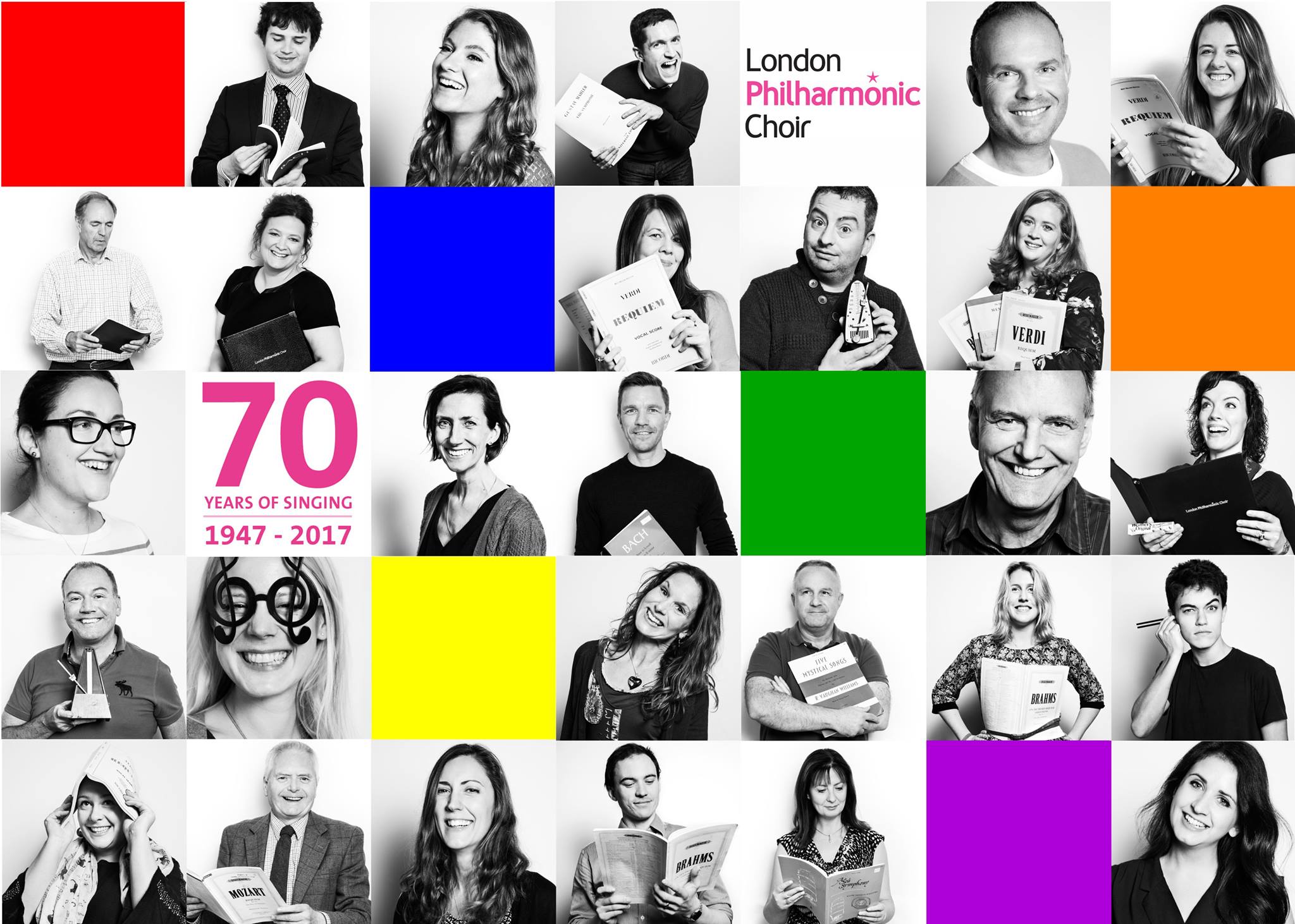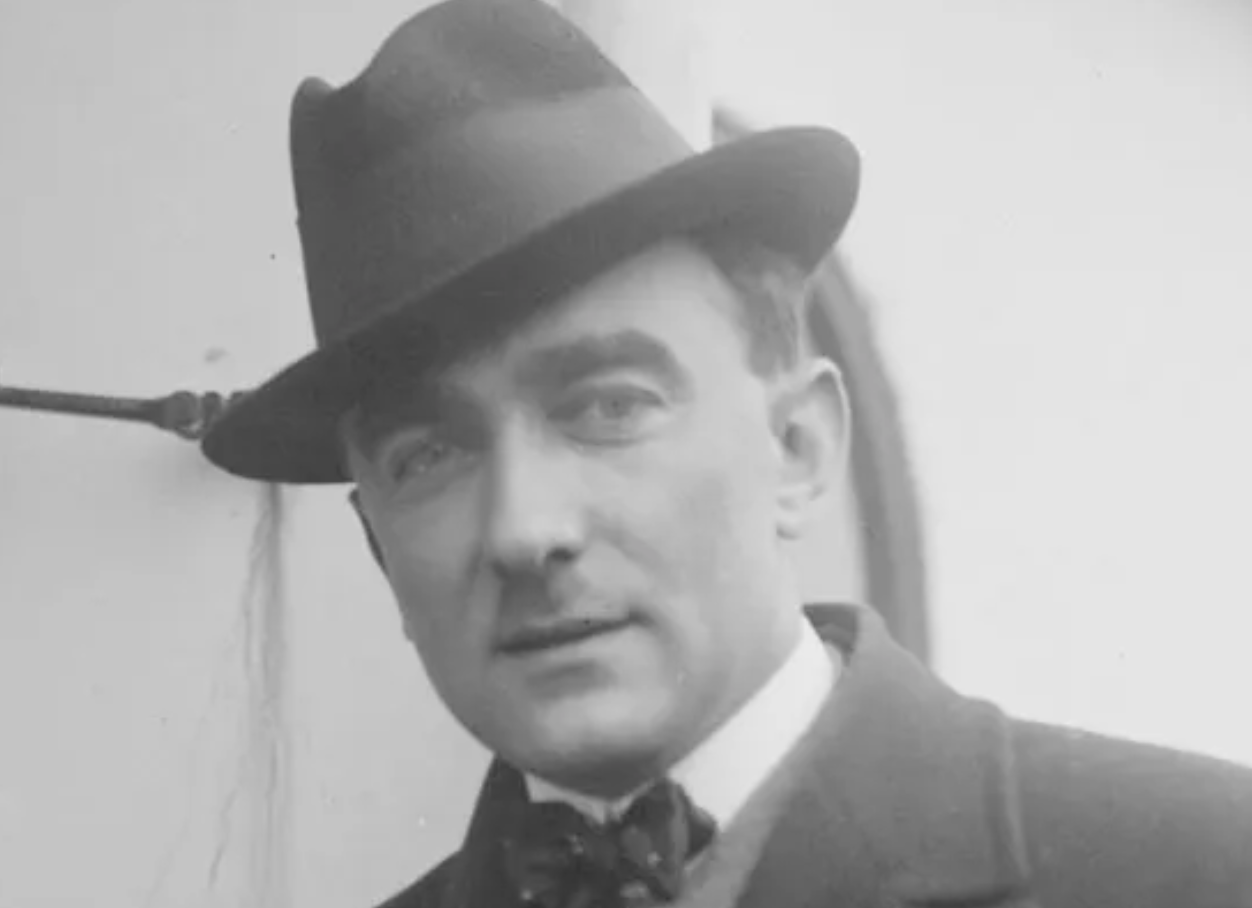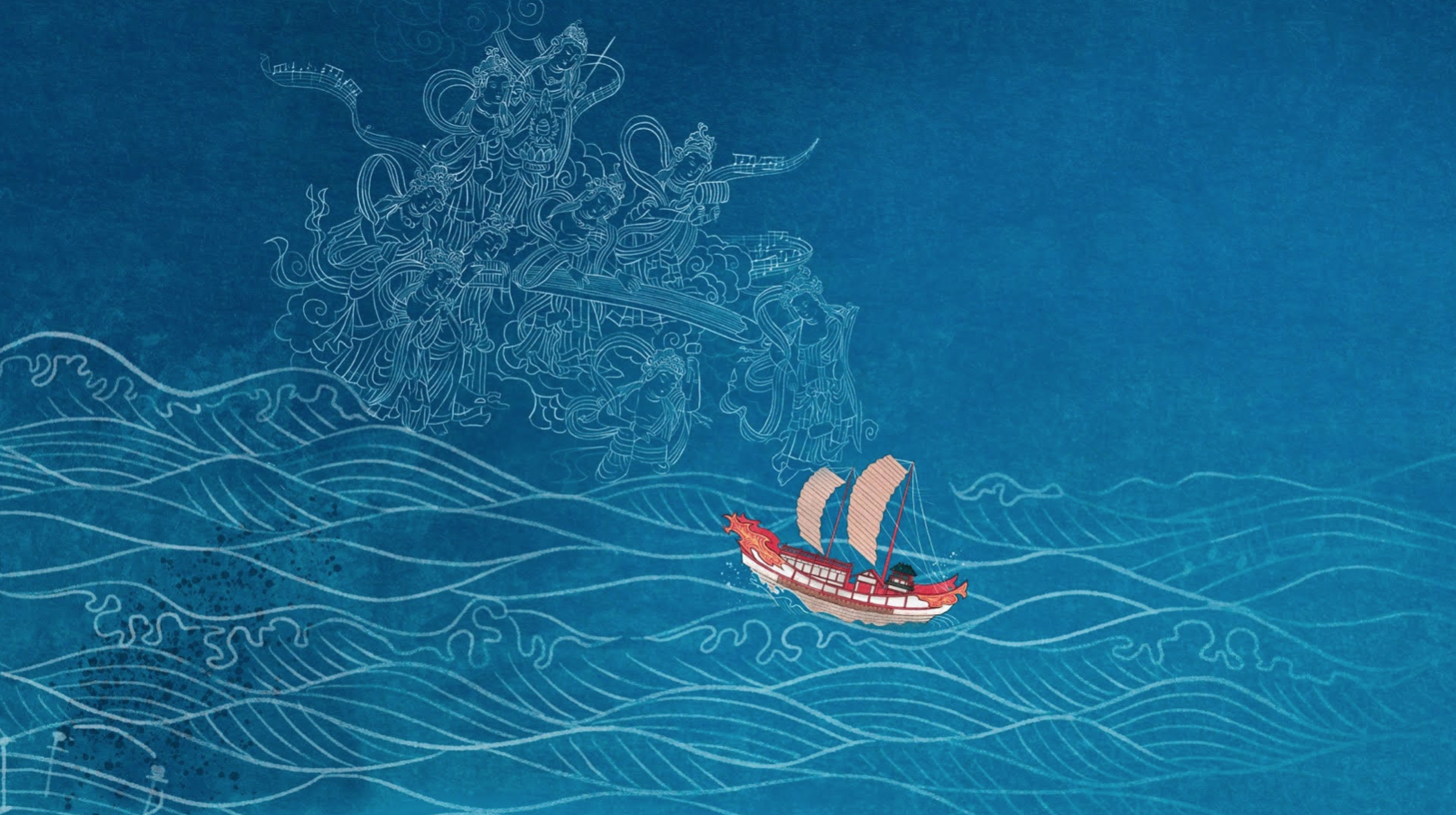One of our recently retired tenors and former choir manager, Kevin Darnell, marks the day that the Sexual Offences Act received Royal Ascent with a post on his thoughts about why the performing arts and the LGBT community go so hand in hand.
I am not one for categorising or distinguishing people based on their sexuality. I know it’s controversial, but I would much rather people just accepted each other for who they are rather than what they get up to in the privacy of their bedrooms and labelling individuals based on their sexual preference is abhorrent to my mind. Of course, it’s relatively easy for me to say that in a country that generally, but sadly not universally, accepts LGBT people. It’s easy to take it for granted, as we approach the 50th anniversary of the decriminalisation of homosexuality in England and Wales, that one can be open and free to talk and behave as one wishes. And that got me thinking: why are there apparently more openly gay people in arts organisations, and indeed, choirs in general and London Philharmonic Choir, than in other communities.
The Sexual Offences Act 1967, which decriminalised sexual acts between two men in private of 21 years of age or older, received Royal Ascent on July 27, 1967. In Scotland, parity was only achieved with the Criminal Justice (Scotland) Act 1980. And it was not until 1994 that in the UK the age of consent was reduced to 18, and given true equality with the heterosexual age of consent of 16 by the Sexual Offences Act of 2003. Sexual acts between consenting women have never been illegal in the UK (Queen Victoria even insisted that “ladies did not do such things”) and we have Henry VIII and Thomas Cromwell to blame for making it illegal between men 484 years ago – The Buggery Act, 1533!
A Step Change
It must have been distressing for gay members of LPC in the first twenty years of its existence to be closeted and unable to be themselves without fear. It was around the mid-nineties that I became more aware of ‘gay’ people in LPC, and I am sure that this had much to do with wider public discussion of the lowering of the age of consent to 18. But even 20-25 years ago, people were still quite reserved about their sexuality and only now – a generation on – do we know that the moment a new member flounces into the first rehearsal that another gay man has joined the choir in an open and positive manner. But does it actually matter? And why are there apparently more gay people in the arts?
It’s generally accepted that 1 in 10 men are gay, but the ratio is higher in the performing arts world. There has been a step change in how open people are about their sexuality in the last 25 years, but still many, many gay men find acceptance in their workplace, and indeed home, difficult. Perhaps that is why gay men feel more comfortable in the theatre or in a choir where their very ‘gayness’ goes unchallenged and they can feel included and respected in a community of like-minded individuals who share a common love of choral music.
The performing arts are perceived to be safer, open and allow freedom to be flamboyant in multifarious ways. Talent, drive, motivation, enthusiasm and being a team player are far more important than one’s sexual preference as it has no effect on your performance in the eyes of one’s peers. Moreover, in a choir, and to some extent the chorus of an opera or musical, you are less likely to be criticised as an individual, but rather as a group (“the tenors are flat”, rather than directly “a tenor is flat”).
To what extent this boosts self confidence, who knows, but a group of gay tenors and basses may feel less exposed, even subconsciously, in a choir with other straight men. To give your best in concert performance, you have to let go, and that may extend to being open about one’s sexuality as well. But this begs the question, do some gay men join a choir because they are gay? I think not: unless they are choosing to join a specific gay choir, such as the London Gay Men’s Chorus, they join for the pleasure of singing, and the fact they are gay, for the majority is purely coincidental.
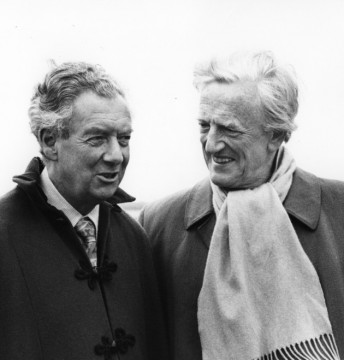
Hand in Hand
Or is it too incorrect to suggest that gay men are naturally more talented in the performing arts – a genetic trait perhaps – in the same way that many scientists and mathematicians are. Does one trait go hand-in-hand with the other? Musical precision and scientific accuracy have much in common, so why not a tendency to being gay in those fields. Dangerous territory, I know, but can one ignore the mathematical genius of Alan Turing or the musical emotion of Benjamin Britten’s operas or War Requiem, both persecuted gay men during their lifetimes.
And look at the pleasure so many great gay composers, playwrights and actors have given the world – Tchaikovsky, Wilde and Gielgud to name a few – all repressed and persecuted for being gay in their time. Thank goodness the likes of Alan Turing have been posthumously pardoned since 2013.
It Still Matters
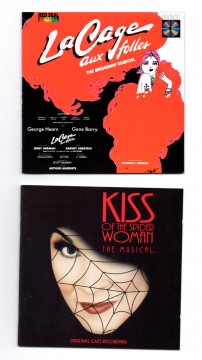 What I find even more remarkable is that censorship of the theatre was only abolished by the Theatres Act 1968 in September of that year – over a year after decriminalisation of homosexuality. For the previous 231 years all play, musical and opera scripts had to be submitted to the Lord Chamberlain to be licensed for public performance, unless in a private members’ club. There is no doubt that the relaxation of this outdated practice led to a transformation of plays featuring gay roles and plots, especially in musical theatre.
What I find even more remarkable is that censorship of the theatre was only abolished by the Theatres Act 1968 in September of that year – over a year after decriminalisation of homosexuality. For the previous 231 years all play, musical and opera scripts had to be submitted to the Lord Chamberlain to be licensed for public performance, unless in a private members’ club. There is no doubt that the relaxation of this outdated practice led to a transformation of plays featuring gay roles and plots, especially in musical theatre.
Cabaret opened in London in 1966, and the gay MC was a breakthrough in public theatre at that time. Today, we all enjoy the campest of shows like The Producers, Kinky Boots and Priscilla, Queen on the Desert without batting an eyelid. But it wasn’t until 1983 that La Cage Aux Folles even dealt with gay partnerships. Few have dealt with homosexual discrimination better than Kiss of the Spiderwoman, staged in London in 1992, with a masterful score by Kander and Ebb – who of course created Cabaret almost 30 years earlier.
But still discrimination persists, and while we in the UK can be proud of our achievements in establishing equality and better understanding, the wider world, even in so-called western democracies, still faces a huge challenge. Even this year in the Chechen Republic (Chechyna), there is a ‘purge’ of gay men, with denial that ‘gay men even exist’ in that part of Russia. Such denial is cruel and unacceptable. And that is why it matters, to this very day, 50 years on.
As I wrote at the start, I am not one for labelling people on the basis of sexual preference – to me being LGBT is irrelevant, as we are all human beings, and people don’t ‘chose’ to be gay – it’s just the way they are. I long for the time when people can be accepted around the world for who they are, not what they do in bed, who they worship, or the shade of their skin colour. And being a (former) member of LPC has fulfilled that aspiration, if only for a few hours every week, for many of my singing years. I hope it does for others too.

